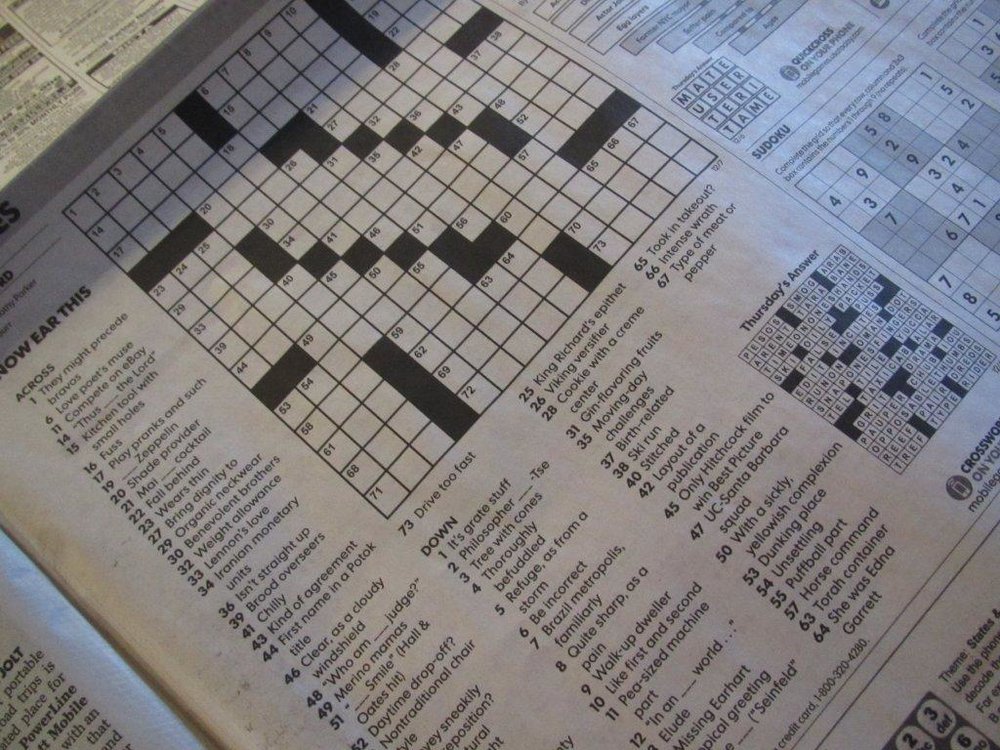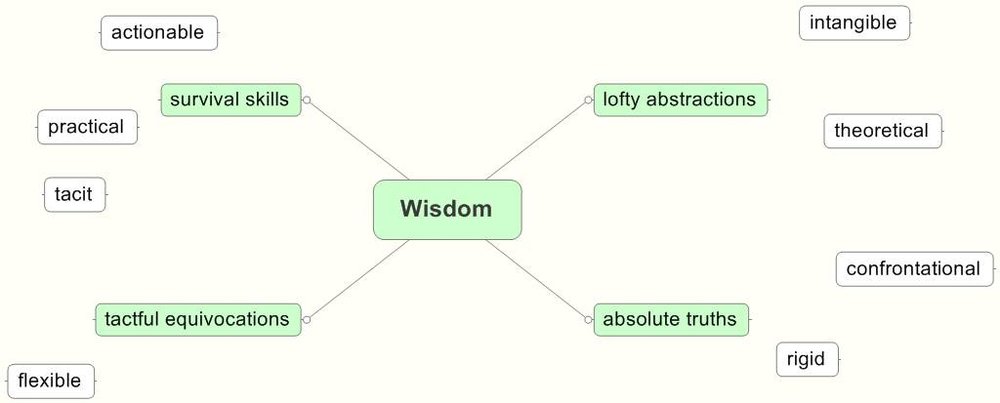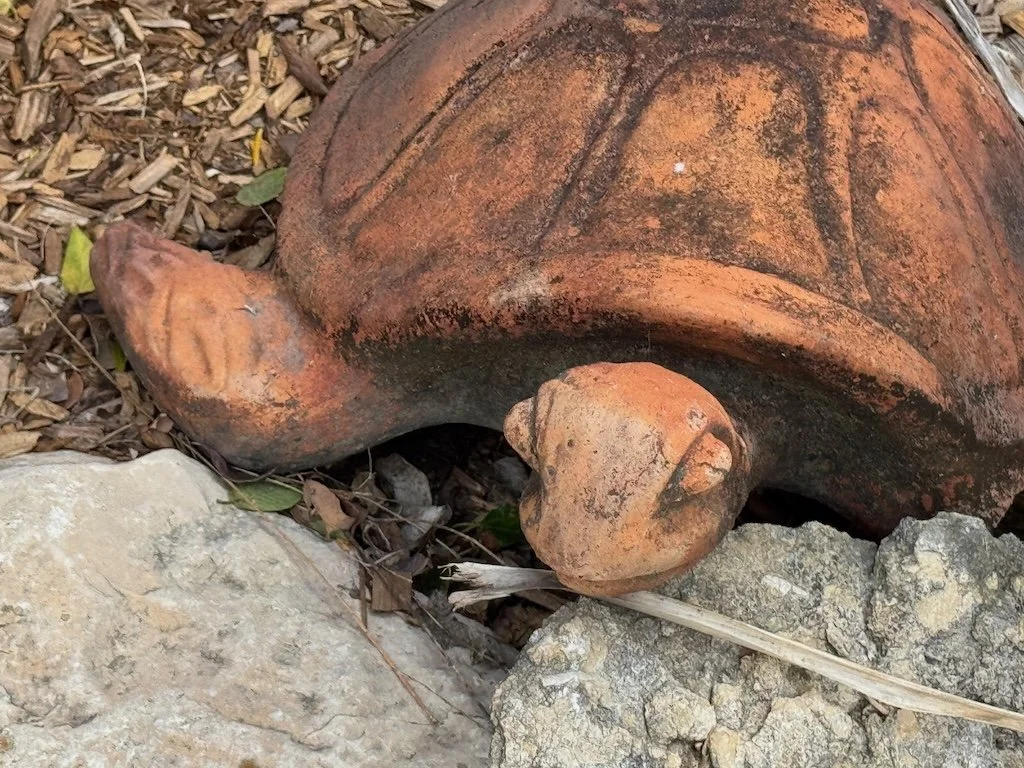This is the fifth post in a series with thoughts about my recent experience having an elderly family member in the hospital - focusing on how life continues on with that disruption.
~~~~~
I am resting up for my shift at the hospital. Mine is the overnight one. Our family member is improving but we are not comfortable leaving her alone at the hospital for long periods of time.
 The mind muddling medications are becoming a thing of the past and we are gathering magazines, crossword puzzles, CDs, slide shows…..anything we can think of to stave off boredom for the patient and ourselves. She is not a person that watches a lot of television normally (television is usually the only diversion offered in the hospital rooms). The particular room she is in has a view of a construction project with three cranes being very active on the top of the emerging building (see previous post for a picture); we’ll have to position her reclining chair to take advantage of that view.
The mind muddling medications are becoming a thing of the past and we are gathering magazines, crossword puzzles, CDs, slide shows…..anything we can think of to stave off boredom for the patient and ourselves. She is not a person that watches a lot of television normally (television is usually the only diversion offered in the hospital rooms). The particular room she is in has a view of a construction project with three cranes being very active on the top of the emerging building (see previous post for a picture); we’ll have to position her reclining chair to take advantage of that view.
This is one of the first experiences with an extended hospital stay for the family. While most of the care has happened at a pace in sync with our expectations - there is one area that always has problems (the patient has to wait a long time on a gurney or the procedure is cancelled at the last minute because a conflict with some other patient’s procedure has occurred). Being a technical person - I now see it as a process problem since the problem has occurred repeatedly and am seeking a way to communicate the observation to the hospital so that they can improve.
Another issue is the coordination of care with multiple specialists. It does not appear that the primary doctor is always cognizant of what the specialists are doing and the specialists or not aware of each other either. It should not be up to the family to ask questions and insist that the care be coordinated. But that sometimes appears to be the case.
In general - our medial system appears to be a loose conglomerate of specialists treating illness rather than an integrated system toward health - or restoration of health. The skewing has become so acute that it is quite challenging for the patient (and the family) to understand the mental and physical actions that would move the patient toward a ‘healthiest they can be’ state.


















































